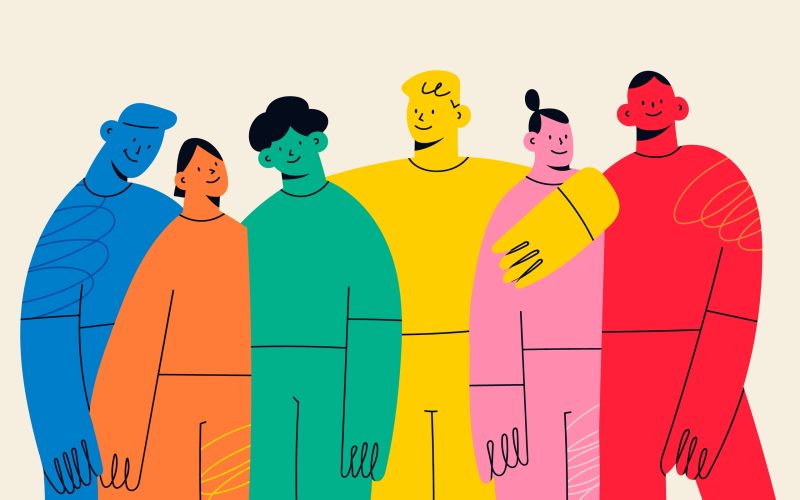Dina Nayeri talks about how trust is codified in boardrooms, hospitals, the asylum process and elsewhere – and the relationship between trust and privilege.
Read more


Dina Nayeri talks about how trust is codified in boardrooms, hospitals, the asylum process and elsewhere – and the relationship between trust and privilege.
Read more
Author Christie Tate joins us to discuss a dear friendship she developed in recovery as she examined her hang-ups and deepest fears, leading her to personal breakthroughs.
Read more
SMU professor Jack Levison and Robert L. Fine from Baylor Scott & White Health join us to discuss how palliative care aims to help people die with dignity, cared for emotionally, physically, and spiritually.
Read more
Natalie Shure of The New Republic joins us to discuss why long Covid is confounding doctors and may well have a psychological component that shouldn’t be overlooked.
Read more
Vox reporter Rachel Cohen joins us to discuss states’ efforts to block these prescriptions using new methods of enforcement and lawsuits.
Read more
Psychology professor Dacher Keltner joins us to discuss a relatively new field of research studying awe, how it can transform the mind and body, and his own personal experiences with it.
Read more
Maia Szalavitz, a contributing opinion writer for The New York Times, talks about policies that keep chronic pain patients from accessing their drugs and where they turn when prescriptions aren’t an option.
Read more
Philosophy professor Valerie Tiberius discusses aligning our goals with our values and what to do when those things don’t match up. Plus, we’ll learn how to use philosophy and psychology to guide us to the answers.
Read more
Shilpa Ravella, an assistant professor of medicine at Columbia, discusses why inflammation is the root of disease and what we can do to control it.
Read more
Psychologist Mike Rucker joins us to discuss why adding fun back into the daily grind will make you more productive and lead to a happier life.
Read more
Harvard psychiatry professor Robert Waldinger talks with us about why friendships, marriages, even book groups, form the basis for a more meaningful existence.
Read more
Health psychology expert Richard De Visser explains the benefits of abstaining from alcohol, and if the practice really produces a healthier relationship with drinking in the long run.
Read more